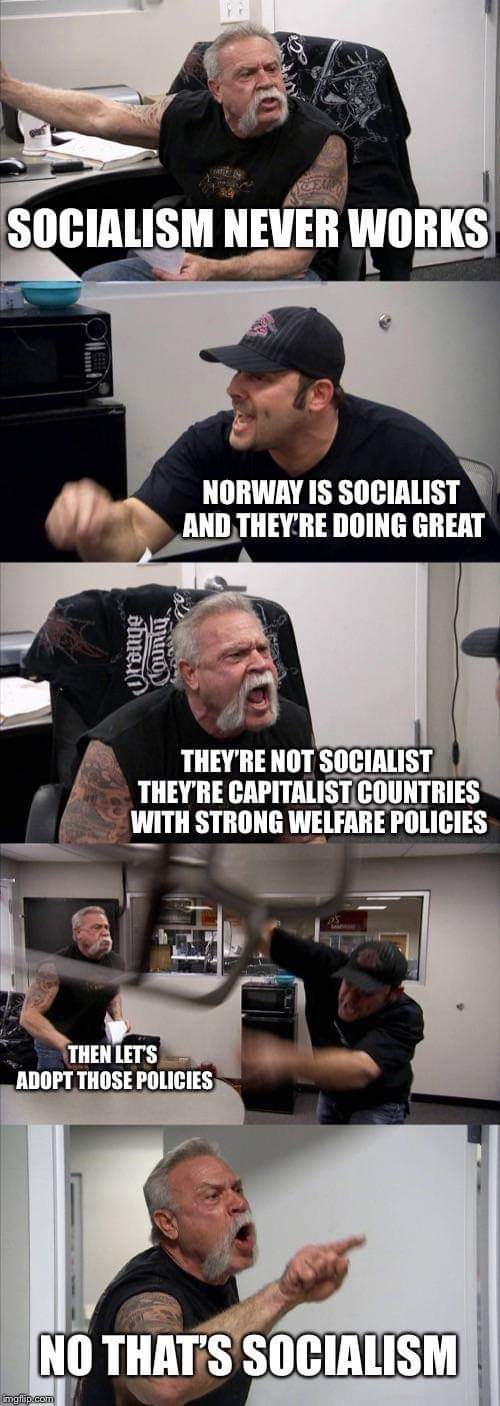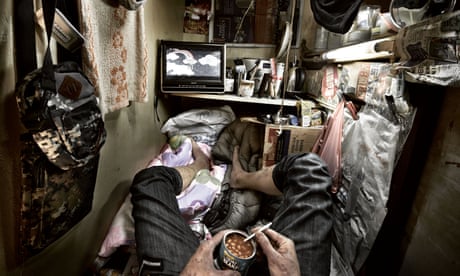On the one hand, the government started to decrease the amount of public housing supply from three million units to a half million units per year, which resulted in a significant drop of fifty percent. On the other hand, the demands for housing have increased sharply since 2006. The report mentioned that cases waiting for public housing raised from 129,000 to 152,000 dramatically in 2010 (a 17.8% rise in those waiting for public housing within one year).
[3] For people struggling in poverty, due to the long waiting time for public estates, they turn to live in subdivided flats, where rental prices are much cheaper than that of private housing options available.
The second factor leading to the phenomenon comes from the widening wealth gap between the rich and poor. The
Gini Coefficient of Hong Kong increased to 0.537, which manifests the serious economic inequality problem.
[4] In the subdivided units study report 2009 produced by the Society of Communication Organization, the median monthly personal income of the residents in subdivided units was $3200, which was below the median monthly personal income of the whole population in Hong Kong at that time.
[5]
In the mean time, the soaring rental price of private estates persuades people to live in subdivided units or flats. The data in "Private Domestic - Average Rents by Class" provided by the Rating and Valuation Department shows that the increase in rental prices was 15.1% from 2008 to 2011, which was a sharp rise.



